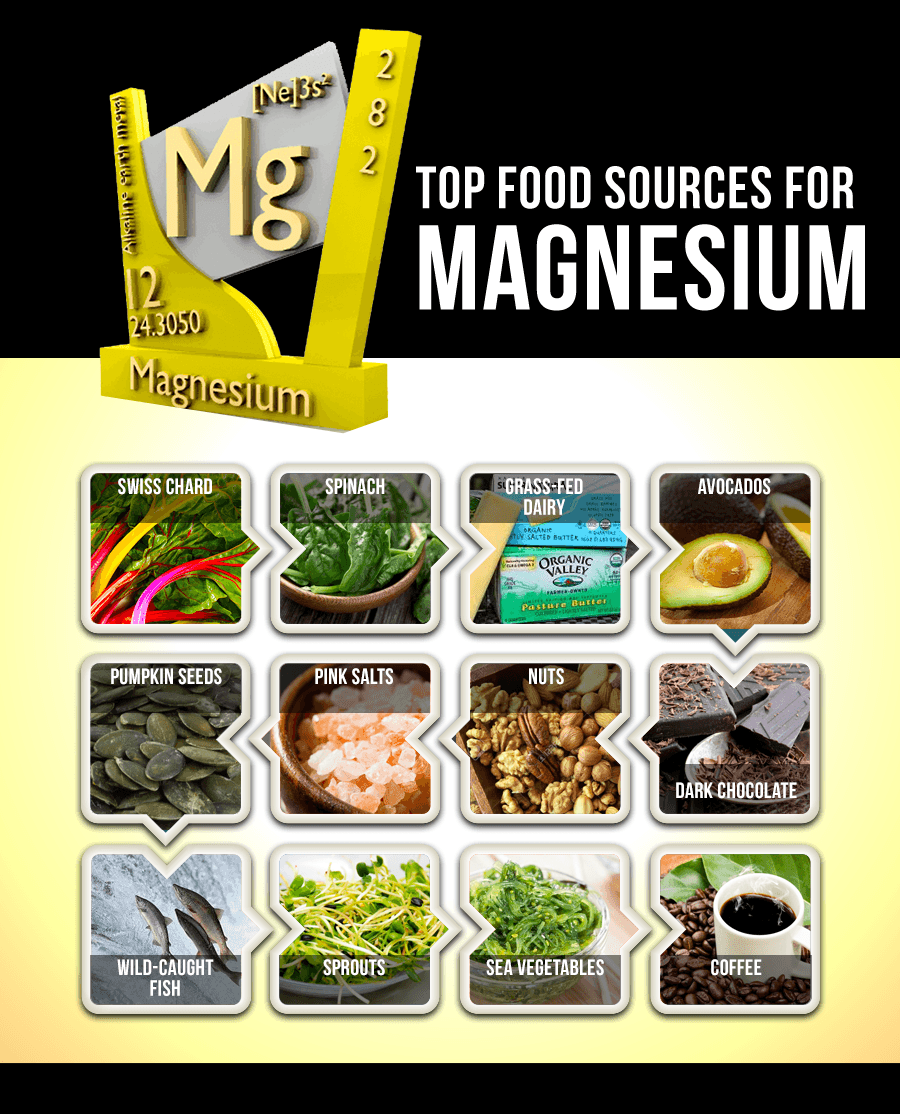Magnesium is an essential mineral that plays a crucial role in numerous biochemical processes in the body. Here are some of the health benefits associated with magnesium:
Bone Health: Magnesium is vital for bone formation and maintenance. It works alongside calcium and vitamin D to help build strong bones and prevent osteoporosis.
Heart Health: Magnesium helps regulate heart rhythm and maintain normal blood pressure levels. It also supports the function of muscles, including the heart muscle, and helps prevent heart arrhythmias and cardiovascular diseases.
Muscle Function: Magnesium is involved in muscle contraction and relaxation. It helps prevent muscle cramps and spasms and supports overall muscle function.
Nervous System Support: Magnesium plays a role in neurotransmitter function and helps regulate the activity of the nervous system. It can help reduce anxiety, calm the mind, and improve sleep quality.
Energy Production: Magnesium is involved in the production of ATP (adenosine triphosphate), which is the primary energy currency of the body. Adequate magnesium levels are necessary for optimal energy metabolism.
Regulation of Blood Sugar Levels: Magnesium helps regulate insulin sensitivity and glucose metabolism. Maintaining adequate magnesium levels may help reduce the risk of type 2 diabetes and improve glycemic control in individuals with diabetes.
Mood Regulation: Magnesium plays a role in the regulation of mood and may help alleviate symptoms of depression and anxiety. It is involved in the synthesis of neurotransmitters like serotonin, which contribute to mood regulation.
Relief from Migraines: Some research suggests that magnesium supplementation may help reduce the frequency and severity of migraine headaches, possibly by influencing neurotransmitter levels and blood vessel function.
Anti-inflammatory Effects: Magnesium exhibits anti-inflammatory properties and may help reduce inflammation throughout the body. Chronic inflammation is linked to
various diseases, including heart disease, diabetes, and certain types of cancer.
Constipation Relief: Magnesium can act as a mild laxative by drawing water into the intestines and promoting bowel movements. Magnesium supplements are sometimes used to relieve constipation.
It’s best to obtain magnesium through a balanced diet that includes magnesium-rich foods such as leafy green vegetables, chocolate nuts, seeds, whole grains, and legumes. There are several different forms of magnesium supplements, each with its own characteristics and absorption rates.
Here are some of the most common types of magnesium:
Magnesium Citrate:
This form of magnesium is highly bioavailable and is often used to promote bowel movements and relieve constipation. It is well-absorbed by the body and is less likely to cause gastrointestinal discomfort compared to other forms.
Magnesium Glycinate: Magnesium glycinate is a highly absorbable form of magnesium that is bound to glycine, an amino acid. It is gentle on the stomach and less likely to cause digestive issues. Magnesium glycinate is often preferred for individuals with digestive sensitivities. Here is my favorite magnesium glycinate.MAGNESIUM GLYCINATE
Magnesium Oxide: Magnesium oxide is a form of magnesium that contains a high percentage of elemental magnesium. However, it is less bioavailable compared to other forms and may cause gastrointestinal discomfort and diarrhea in some individuals. It is often used as a laxative.
Magnesium Chloride:
Magnesium chloride is a highly absorbable form of magnesium that is typically found in topical formulations such as magnesium oil or flakes. It can also be taken orally as a supplement. Magnesium chloride is known for its ability to be absorbed through the skin, making it a popular choice for transdermal magnesium supplementation.
Magnesium Sulfate (Epsom Salt):
Magnesium sulfate, commonly known as Epsom salt, is often used in baths for relaxation and muscle relief. While it can be absorbed through the skin during bathing, it is not typically used as an oral supplement due to its laxative effects.
Magnesium L-Threonate: Magnesium L-threonate is a newer form of magnesium that has been specifically studied for its potential cognitive benefits. It has shown promise for improving memory and cognitive function due to its ability to penetrate the blood-brain barrier more effectively than other forms of magnesium.
Magnesium Malate:
Magnesium malate is a compound of magnesium and malic acid. It is often used to support energy production and muscle function. Malic acid is involved in the production of ATP, the body’s primary source of energy, making magnesium malate a popular choice for individuals seeking to support energy levels. Each form of magnesium has its own unique properties and benefits, so it’s important to consider individual needs and preferences when choosing a magnesium supplement. Additionally, it’s advisable to consult with a healthcare professional before starting any new supplement regimen to determine the most appropriate form and
dosage for your specific health goals and conditions.
This website is for educational purposes only. No information provided constitutes medical advice. The contents are not intended as a substitute for professional medical advice, diagnosis or treatment. Never disregard or delay seeking professional medical advice or treatment because of any information you have read on this website.
Please consult your physician for personalized medical attention.

